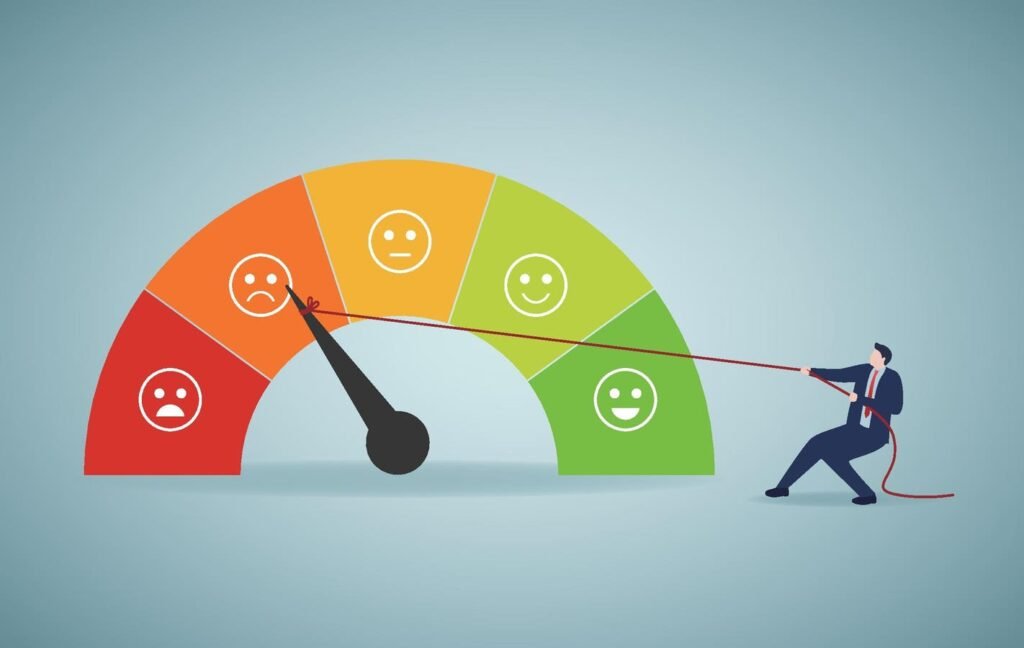Startups are looking beyond credit scores to make credit more responsible for everyone. … [+]
The news on consumer debt is bad and getting worse. As we detailed in our February article, nearly every American is turning to credit to make up for a brutal cash flow shortfall, with consumer debt reaching a near record high of $17.7 trillion in the first quarter of this year. Clearly, many Americans have access to consumer credit. But for many, it remains shockingly expensive and inadequate for their needs. 47 million Americans have subprime credit scores and 9% of their credit is currently delinquent. Nearly 80% of small business credit applications are rejected outright.
A number of startups have undertaken important efforts to improve access to credit for those who need it, many starting with credit scores themselves. But solutions range from helpful to downright manipulative. In fact, the CFPB recently announced it would sue consumer lending fintech SoLo Funds. They created a “social credit score with no safeguards.” This is due to an approach that seeks to generate overall improvement in scores rather than ability, stability and willingness to pay, which can have negative consequences for consumers.
Luckily, there is a new generation of fintech startups that are moving beyond score manipulation and working on genuine score improvement with new lines of credit, better analytics, securing capital for credit, better application and denial modes to make credit more accessible at the right time and at a better price.By thinking beyond the score, these startups are approaching credit with resilience in mind.
Creating a genuine new line of credit
Companies like Livble and Arro are creating new lines of credit based on rent payments and improved financial literacy, respectively. Borrowers take on real, appropriate risks by borrowing or micro-borrowing to pay rent, which is a new, authentic indicator of willingness and ability to pay, as opposed to score manipulation.
Improving analysis with alternative data
Other startups are broadening the definition of creditworthiness to alternative data sources like cash flow analysis and trade finance. Companies like Foresight are transforming small business lending through a proprietary credit engine that leverages accurate transaction data to improve underwriting efficiency, while Credit Pulse monitors data like bankruptcies, liens, layoffs, revenue, expenses and credit changes to determine small business credit eligibility.
Leveraging proprietary data sources to fill gaps in traditional consumer credit bureaus, Nova Credit co-founder and CEO Misha Esipov said, “We’ve upgraded the outdated credit bureau system with real-time connectivity, credit analytics and compliance built on cash flow, payroll and other much-needed data sources. This data paints a more complete picture of borrowers’ financial health, especially in misunderstood segments.”
Use the money you find to build credit
Some fintech startups are going beyond scores with an innovation we call “Found Money for Credit,” which reduces the risk of accessing credit by activating previously hidden or unused collateral or downpayments. As we covered in detail in our previous article, “Found Money for Credit” can help connect borrowers to eligible assistance and free up existing sources of capital by sharing fees with service providers.
For example, in the mortgage industry, companies like Foyer offer tax benefits to future homebuyers through First-Time Home Buyers Savings Accounts (FHSAs) to help them make larger down payments while providing concierge services to all who ultimately want to buy a home. Stairs similarly helps borrowers access government-backed down payment assistance programs, and Upside connects debt repayment with collateral development through investments. In the small business credit space, companies like Mark III offer credit insurance, enabling credit unions and banks to expand lending to small businesses.
Rethinking the application and rejection process
Further away from scores, there are companies that are rethinking the most fundamental elements of the credit application process while providing transparency to prospective borrowers and driving better outcomes. For example, Parlay helps commercial credit applicants create accurate and complete loan applications, guiding them through a personalized path to improving their creditworthiness. Credit Mountain helps financial institutions provide a compassionate path forward for rejected consumer loan applicants, helping these future potential borrowers take corrective action and ultimately remain in the pipeline.
All of these companies are looking beyond credit scores to meaningfully and sustainably improve access to decent credit for those who need it most. Rather than manipulating scores, they’re looking for ways to fundamentally improve scores, or in some cases, go beyond scores to improve the financial lives of Americans.


